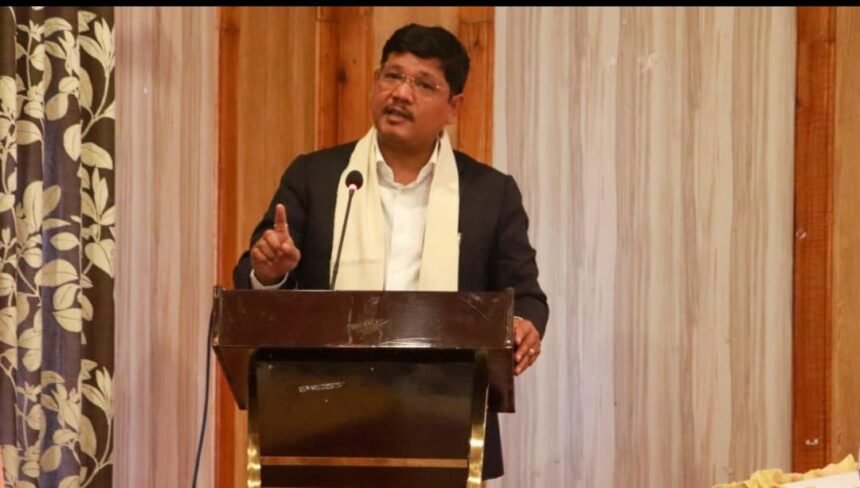The Chief Minister of Meghalaya, Conrad K Sangma, announced that coal mining is set to resume in the state after a gap of nine years. The Union Ministry of Coal has provided approval for mining leases to four license applicants that would lead to the commencement of scientific mining ensuring minimal environmental impact through sustainable and legally compliant extraction procedures. As part of scientific mining, the reclamation of coal mining areas and the use of advanced technologies such as remote sensing, aerial surveys, and 3D modeling would be prioritized to mitigate environmental impact significantly. The National Green Tribunal had imposed a blanket ban on coal mining and transportation of coal in Meghalaya in April 2014. The ban had a massive impact on the revenue of the state, causing a negative growth of (-) 59.36 per cent in the mining industry and a negative growth of (-) 2.82 per cent in the GSDP. The Meghalaya Democratic Alliance challenged the NGT order in July 2019, following which the Supreme Court upheld the rights of tribal people over the natural resources in their land, including coal, but upheld the ban on unscientific mining and transportation. Despite the NGT ban, illegal mining and transportation continued in the state, and several cases were filed in various courts, including the High Court.
The Meghalaya High Court has directed Assam and the Gasuapara Land Custom Station (LCS) authorities to respond to queries about the huge quantity of coal exported by a company. The court has asked Assam authorities to indicate whether it was possible for the company to purchase such a large quantity of coal from the open markets in Beltola area and whether it was true. This directive was issued while hearing a case related to the export of coal from Meghalaya to Bangladesh. The court has ordered that no coal should be exported to Bangladesh without verifying the origin of the mineral and retaining copies of the relevant documents.
